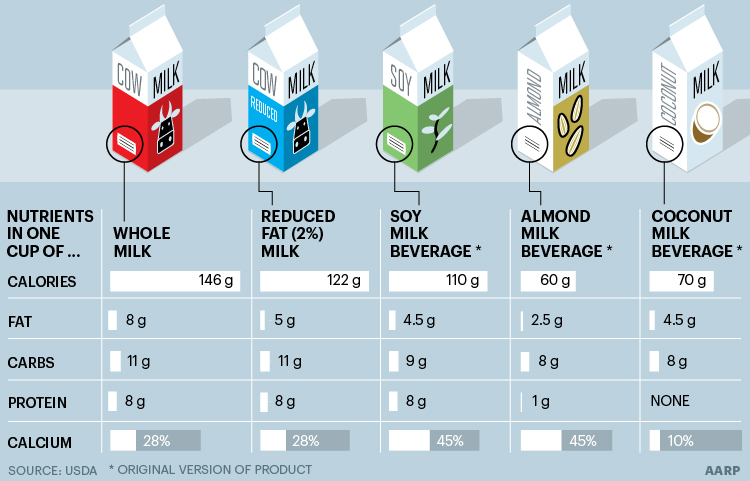
For many years, the story surrounding whole milk has been one of apprehension and worry, primarily due to its fat content. Historically, healthcare professionals, nutritionists, and public health organizations have advised against whole milk to lower the risk of heart disease, as saturated fats have been viewed as a primary factor in cardiovascular issues. However, new studies and an enhanced comprehension of dietary fats question this established belief, indicating that the negative view of whole milk may have been unjustified.
Whole milk has approximately 3.25% fat by weight, which can appear deceptively high. In truth, the disparity in fat content between whole milk and lower-fat alternatives like 2% or skim milk is quite minimal. For instance, the difference often equates to only a few grams of fat per serving. Critically, there is no conclusive proof linking whole milk consumption to a heightened risk of heart disease. On the contrary, several studies demonstrate that full-fat dairy products may actually be associated with a reduced occurrence of obesity, diabetes, and stroke.
A notable advantage of the fats found in whole milk is their importance in nutrient absorption. Fat is essential for the transportation of fat-soluble vitamins such as A, D, E, and K, which are vital for supporting numerous body functions. Additionally, the fat in whole milk can enhance feelings of fullness or satiety, which can naturally assist in controlling food consumption.
It is also vital to redirect attention from vilifying individual food items to examining the overall diet. The genuine dietary offenders often consist of ultra-processed foods laden with artificial additives and preservatives rather than natural options like whole milk. These processed items are frequently advertised as low-fat but may contain unhealthy levels of sugar and artificial ingredients.
Adopting real, whole foods, including whole milk, corresponds with a more balanced and sustainable eating strategy. Whether opting for organic or raw varieties, it is crucial to emphasize natural food sources over heavily processed ones. It is time to reevaluate outdated dietary recommendations and acknowledge that whole milk, a nutritional gem from nature, can serve an important purpose in a healthy diet without associated fear or guilt.